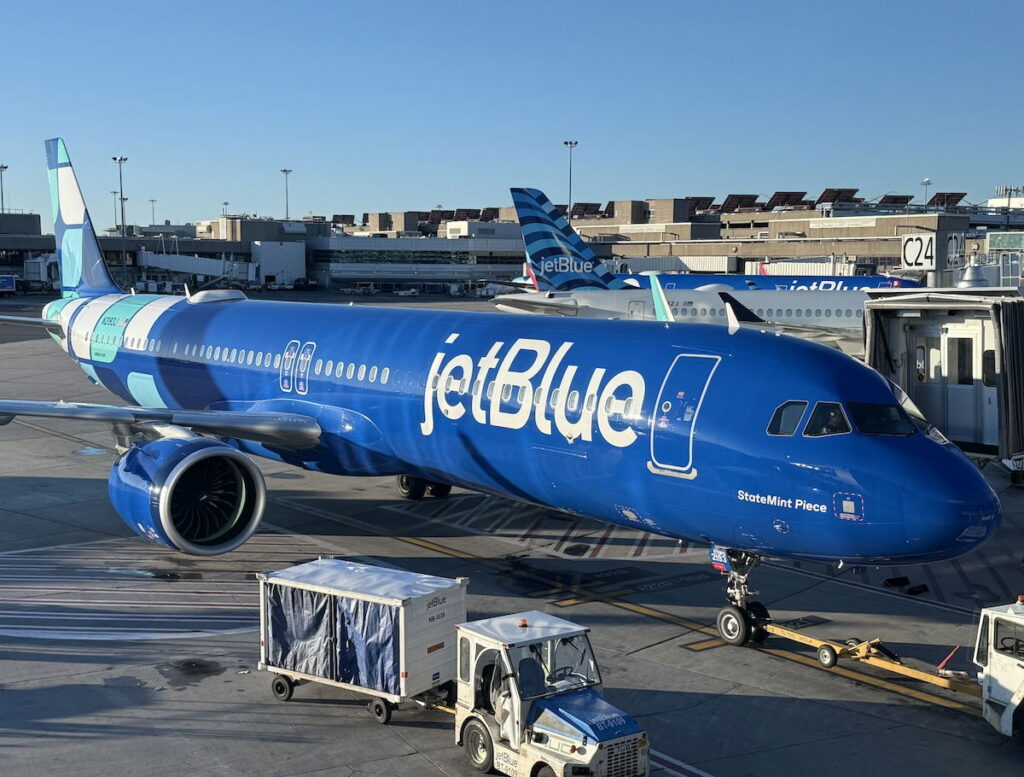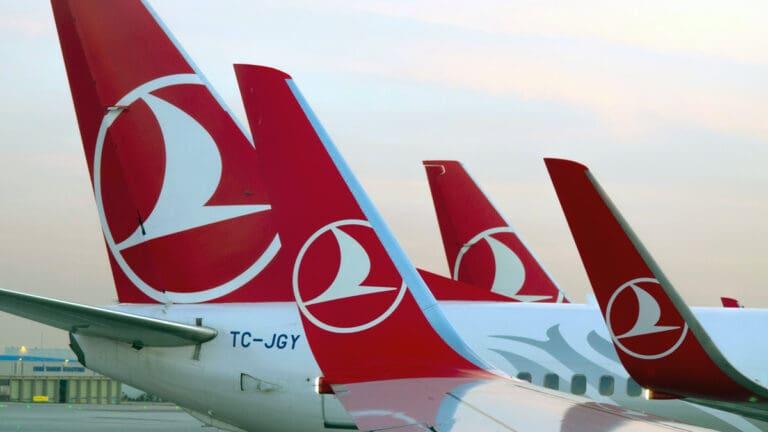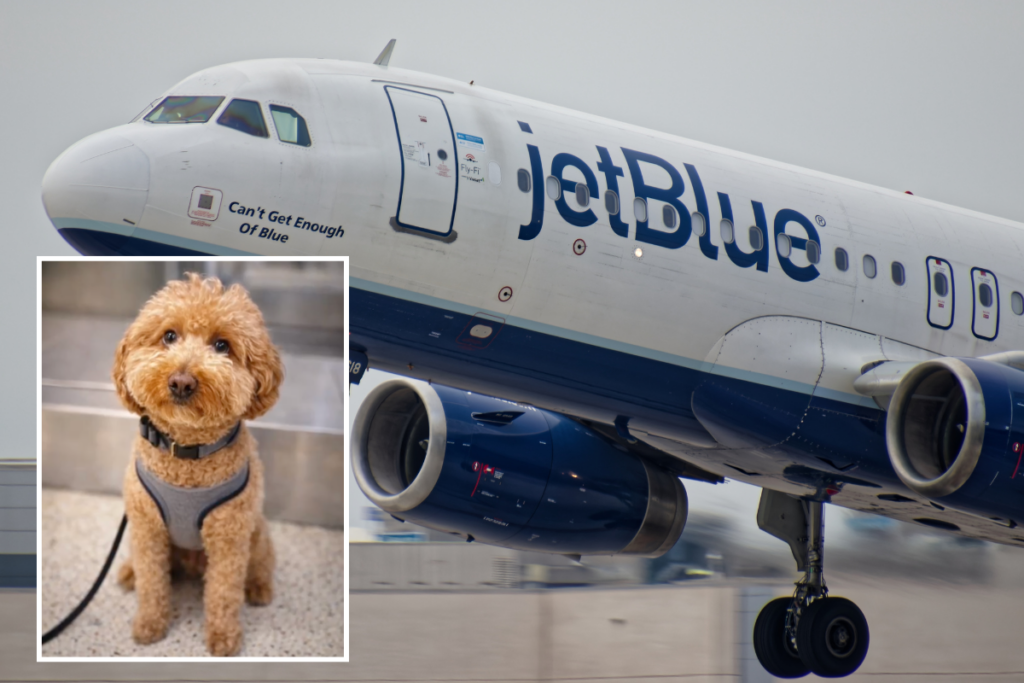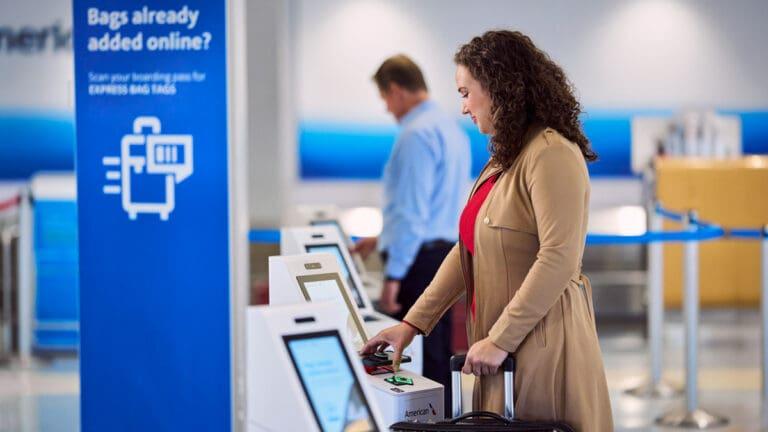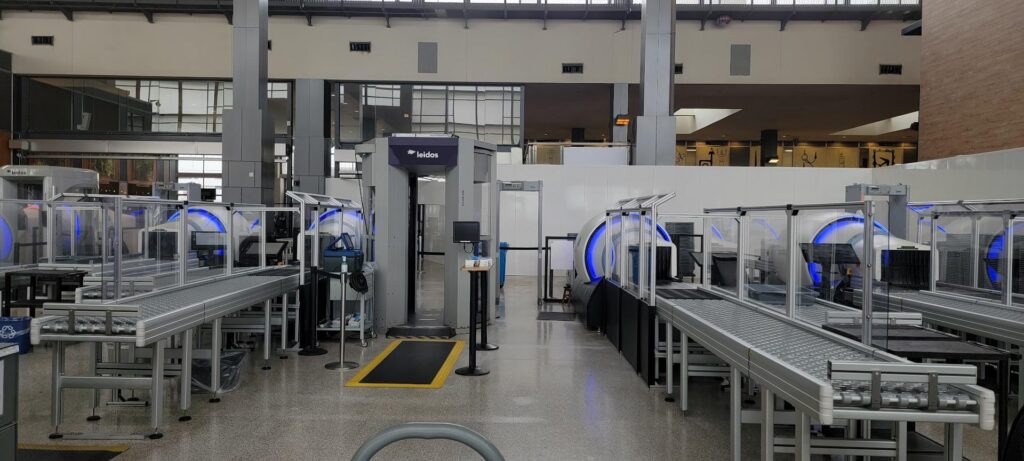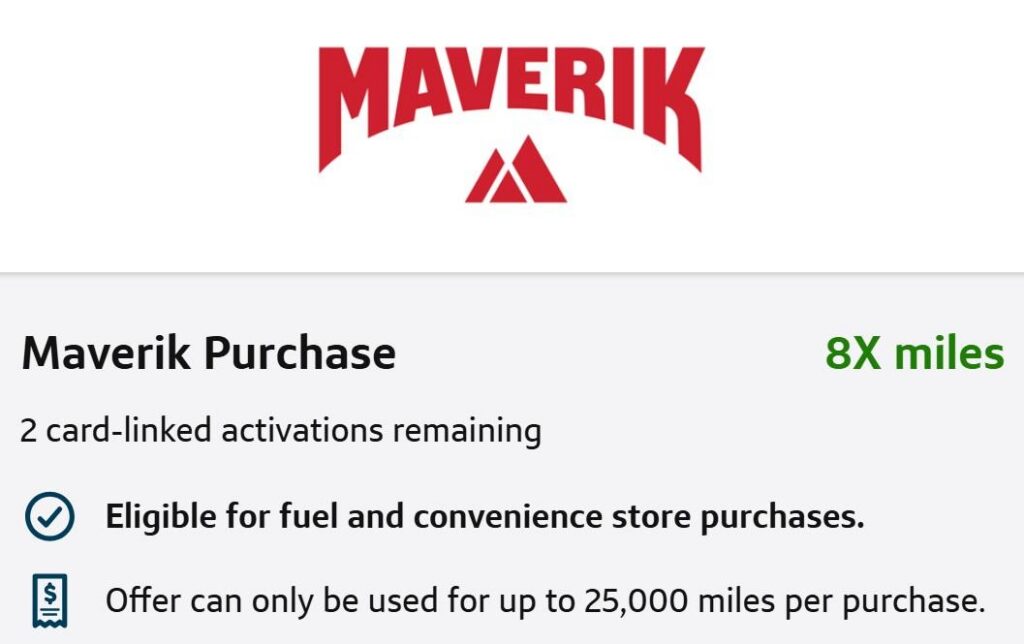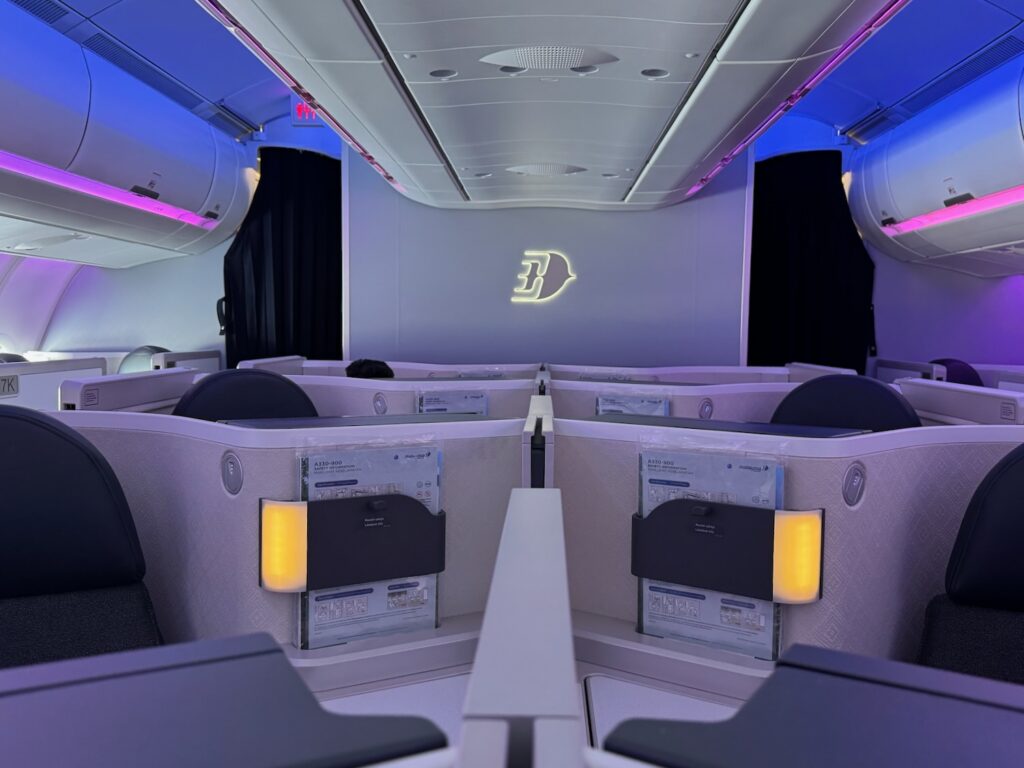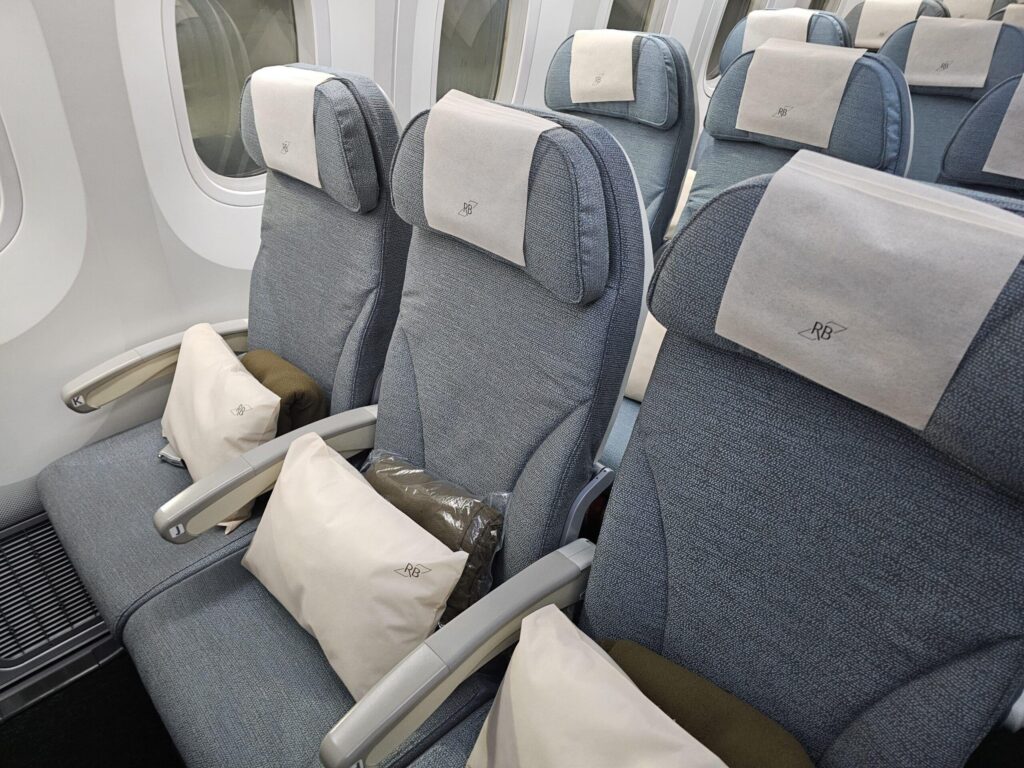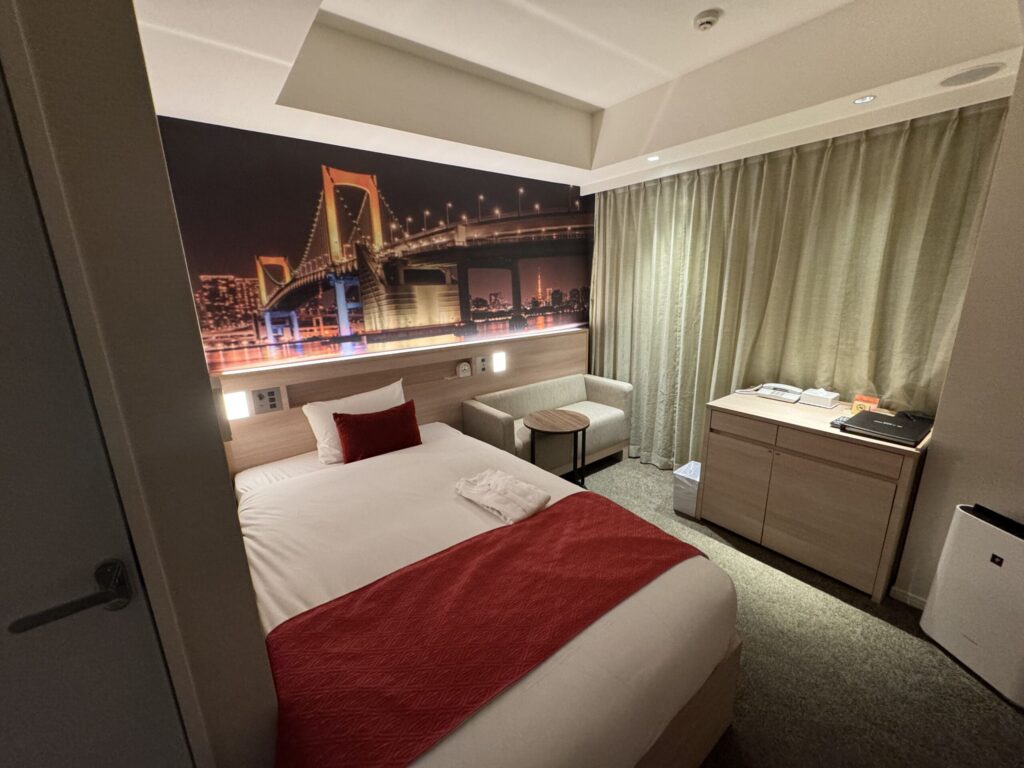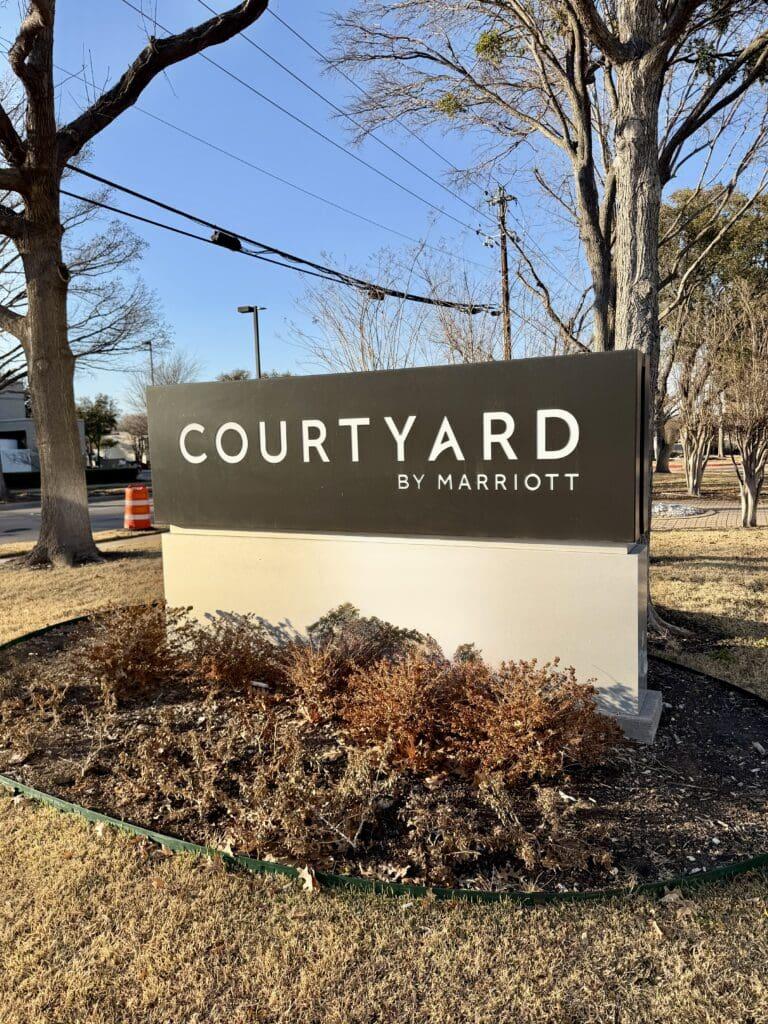
What to Do When a Hotel “Walks” You: A Comprehensive Guide

Imagine arriving at your hotel after a long day of travel, only to be told that there’s no room available for you. This unsettling scenario is known in the hospitality industry as being “walked”. While it’s a situation no traveler wants to face, knowing how to handle it can make all the difference in ensuring your trip stays on track.
In this comprehensive guide, we’ll delve into what it means to be walked by a hotel, why it happens, and most importantly, what steps you can take to mitigate the inconvenience. Armed with this knowledge, you’ll be better prepared to navigate this unexpected hurdle and advocate for the compensation and accommodations you deserve.
Whether you’re a seasoned traveler or planning your first big trip, understanding the ins and outs of hotel overbooking and guest rights is essential. Let’s explore the strategies you can employ when faced with this challenge and how to turn a potential setback into a manageable situation.
What Does It Mean to Be ‘Walked’ by a Hotel?
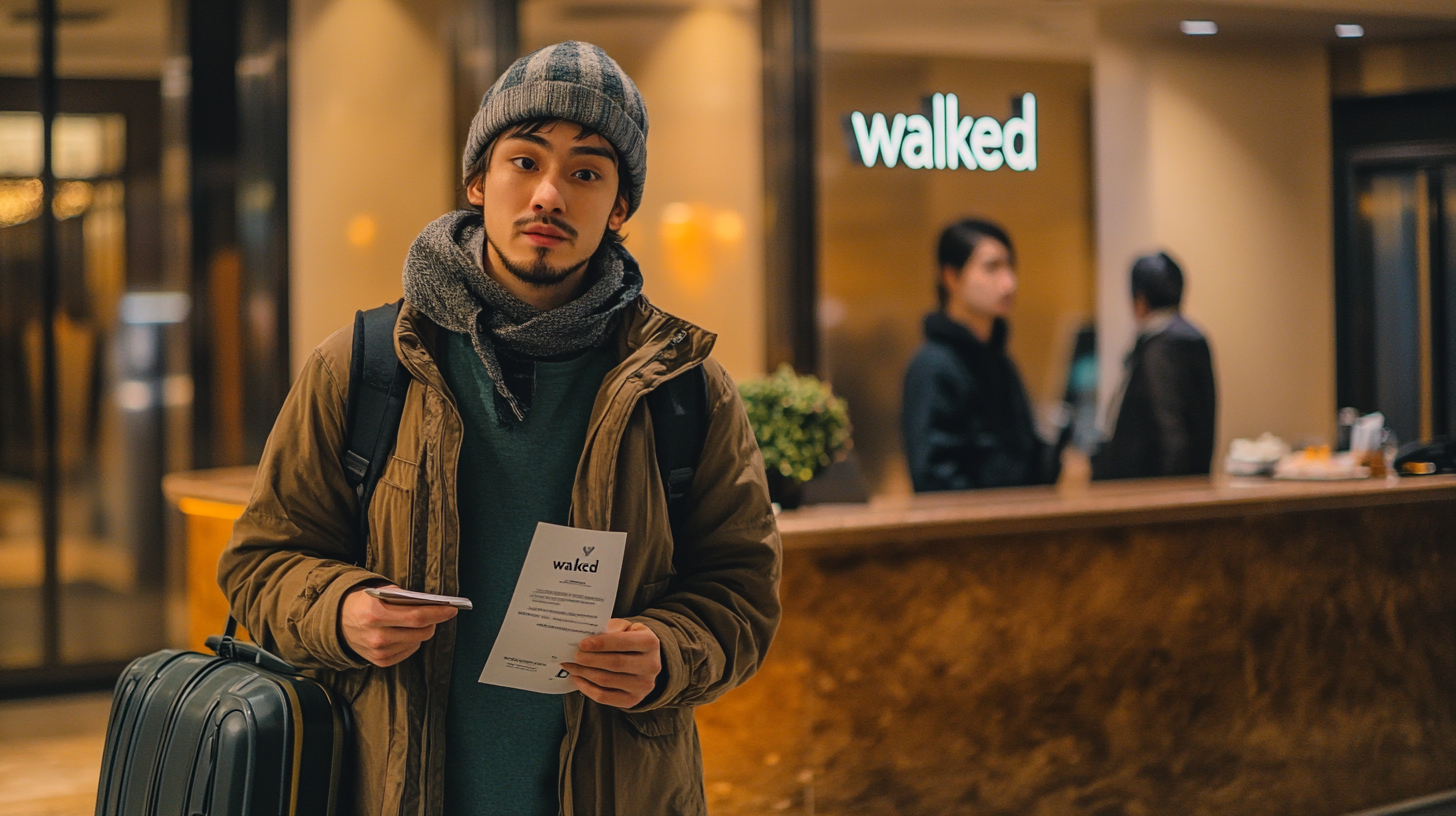
Being “walked” occurs when a hotel has overbooked rooms and cannot accommodate all guests with confirmed reservations. In such cases, the hotel arranges for the affected guests to stay at a comparable property nearby. While this might seem like a rare occurrence, overbooking is a common practice in the hotel industry, similar to how airlines overbook flights to maximize revenue.
Hotels overbook to maximize occupancy rates, anticipating a certain percentage of no-shows and last-minute cancellations. However, when everyone with a reservation shows up, the hotel faces an overcapacity situation. Guests who are walked are typically those who check in late in the day or have less status in the hotel’s loyalty program.
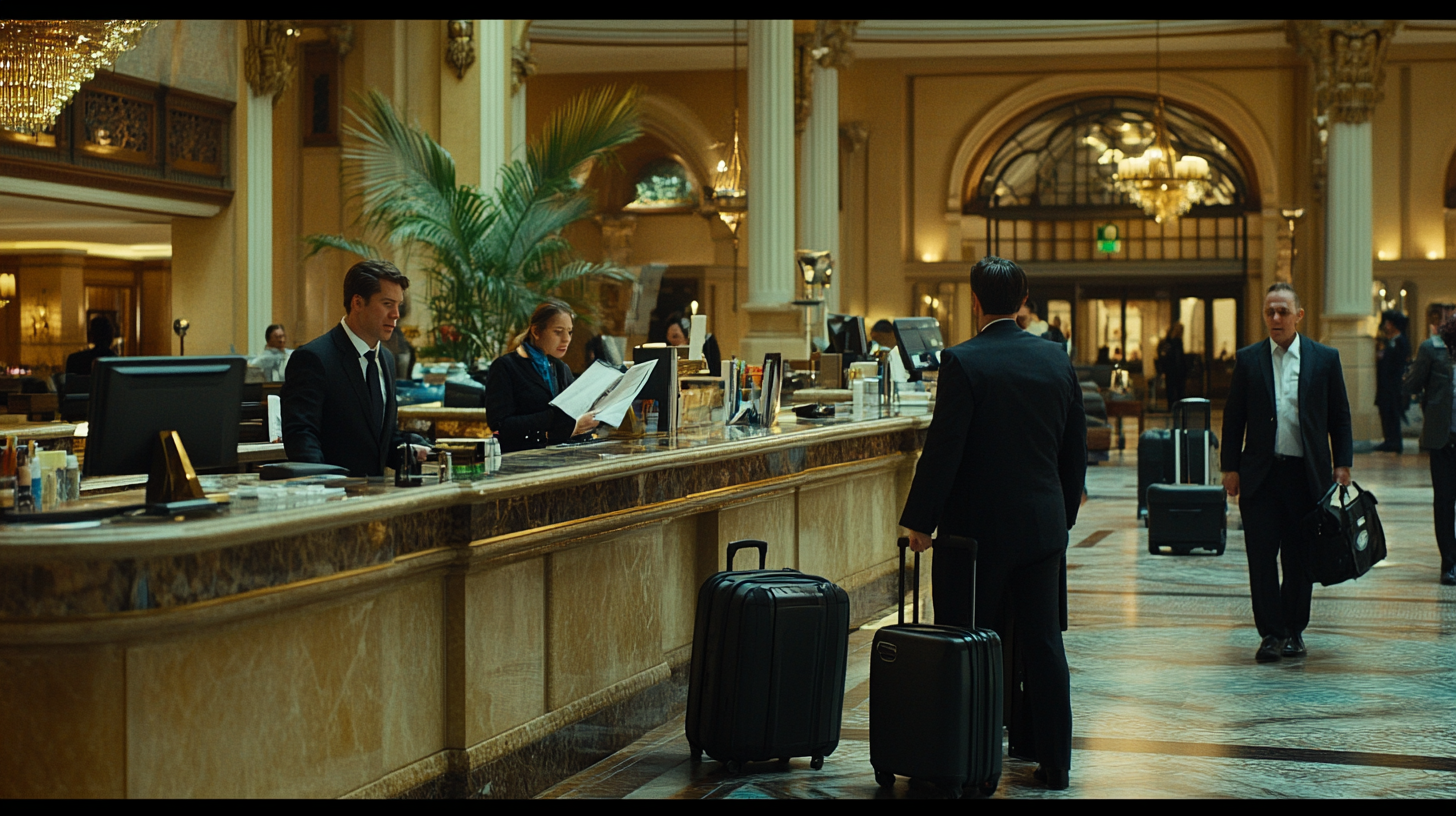
The experience of being walked can be frustrating and inconvenient. It may disrupt travel plans, especially if the alternative accommodation is not up to the same standard or is located farther away. Understanding the hotel’s walk policy and your rights can help you manage the situation more effectively.
It’s important to note that while hotels are within their rights to walk guests under certain circumstances, they also have a responsibility to mitigate the impact on the guest. This includes providing suitable alternatives and, in some cases, additional compensation. For more on hotel policies, see understanding-hotel-policies.
Why Do Hotels ‘Walk’ Guests?
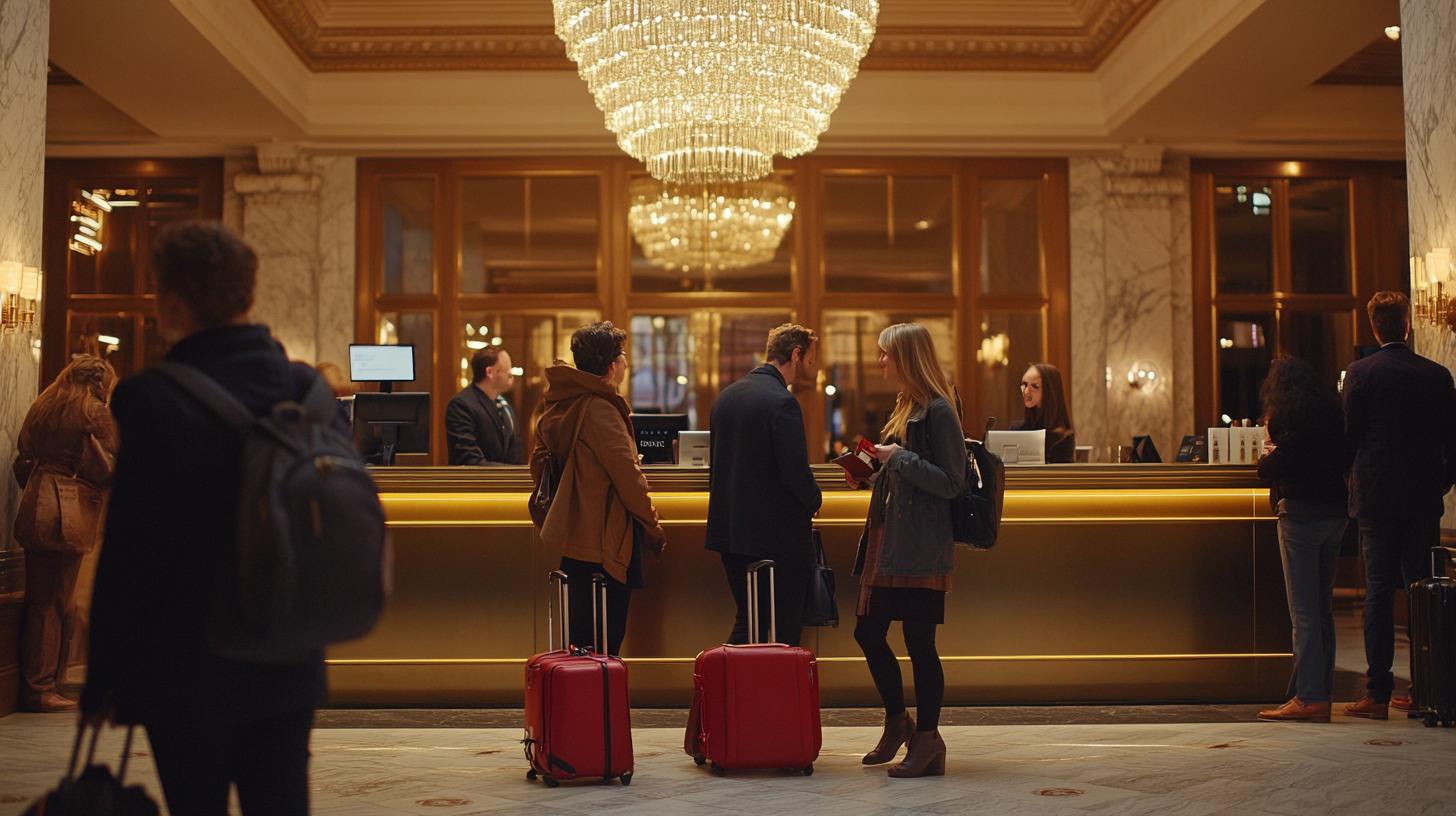
Overbooking is a strategic decision made by hotels to ensure maximum occupancy. According to industry experts, hotels anticipate a certain percentage of no-shows, cancellations, or early departures and sell more rooms than are available to compensate for these expected vacancies. This practice helps hotels maintain profitability and efficiency.
However, when predictions don’t match reality and all guests arrive as scheduled, the hotel faces an overcapacity situation. Factors such as local events, conferences, or unexpected travel surges can contribute to higher occupancy rates and increase the likelihood of guests being walked. Understanding these dynamics can help you anticipate and prepare for potential issues.
Another reason hotels walk guests is due to operational issues. For instance, maintenance problems with rooms or unexpected closures of certain facilities can reduce available accommodations. In such cases, the hotel must prioritize which guests to accommodate based on various factors, including reservation type and loyalty status.
Loyalty program status often plays a significant role in these decisions. Guests who are members of the hotel’s loyalty program, especially those with higher status, are less likely to be walked. This incentivizes frequent travelers to join loyalty programs and maintain active participation. Learn more about maximizing your memberships in hotel-loyalty-programs.
Your Rights When a Hotel ‘Walks’ You
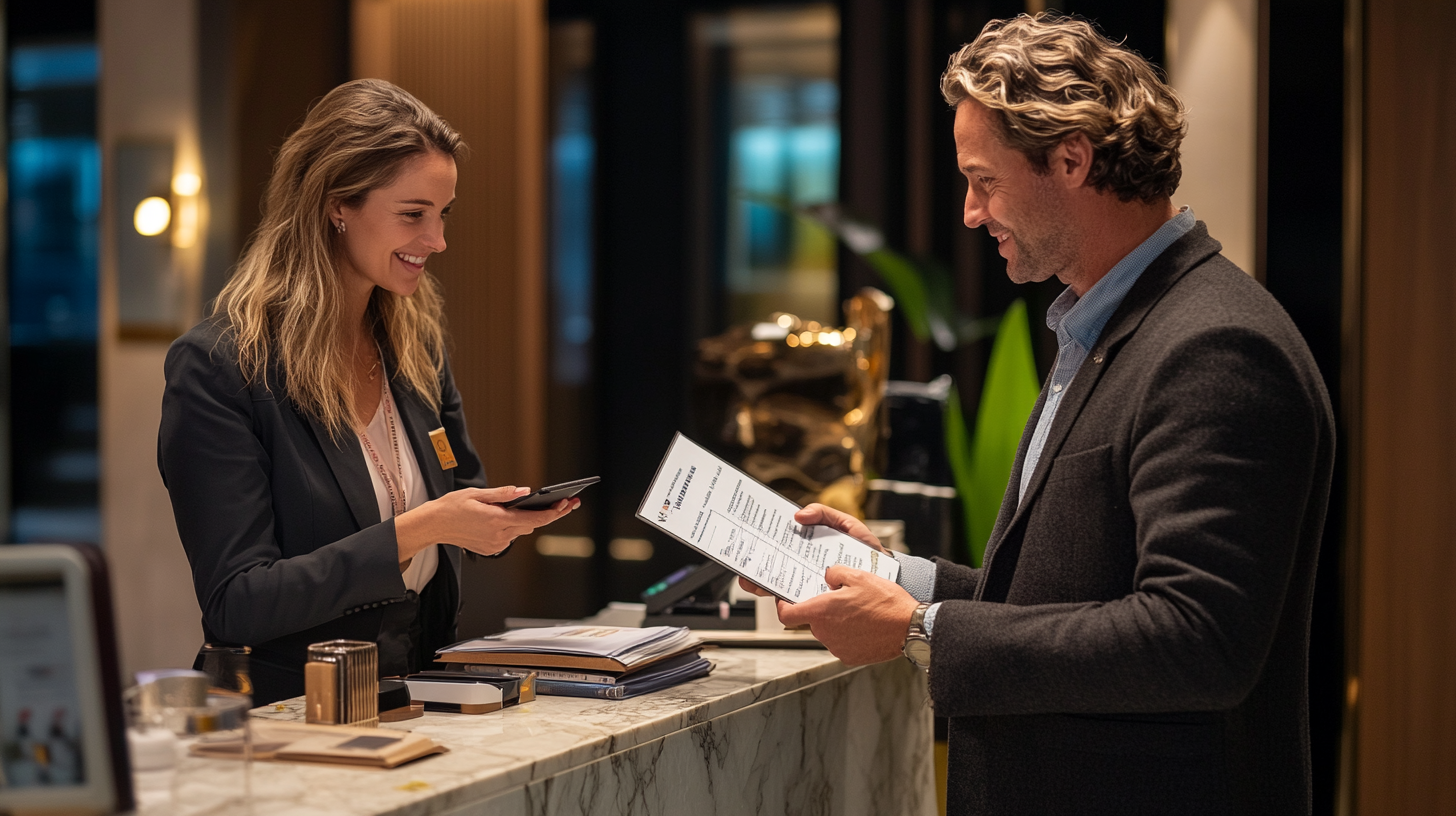
When faced with a walking situation, it’s crucial to understand your rights as a guest. While there is no universal law governing hotel overbooking practices, many hotels have policies in place to assist walked guests. According to Mass Initiative, these policies often include providing accommodation at a comparable or better hotel at no additional cost.
You are entitled to certain amenities, such as complimentary transportation to the new hotel and reimbursement for any additional expenses incurred due to the move. In some cases, hotels may offer vouchers for future stays, meal vouchers, or upgrades as a goodwill gesture. Knowing what to ask for can help you receive fair compensation.
It’s important to ask for a written confirmation of any agreements made, including details of the new accommodation and any compensation offered. This documentation can be useful if there are disputes or if you need to follow up on promised services. Refer to consumer protection guidelines for more information.
If you had prepaid for your stay, ensure that the hotel processes a full refund promptly. Additionally, if the alternative accommodation is significantly inferior, you may negotiate for further compensation or assistance. Remember, being informed and assertive about your guest rights can lead to a more favorable outcome.
Steps to Take When You’re ‘Walked’

First and foremost, remain calm and composed. Expressing frustration is natural, but staying courteous can facilitate better assistance from the hotel staff. Politely ask to speak with a manager or supervisor who has the authority to make decisions regarding compensation and alternative arrangements.
Ask the hotel to arrange accommodation at a nearby hotel of equal or higher quality. Ensure that the hotel covers the cost of the new room and any related expenses, such as transportation and communication costs. If the alternative hotel lacks amenities you require, such as free Wi-Fi or breakfast, request vouchers or reimbursement to cover these.
Document all interactions, including names of staff members you speak with and details of what was promised. This information can be invaluable if issues arise later or if you need to escalate the matter to higher authorities or consumer protection agencies. Keeping detailed notes will support your case if disputes arise.
Consider reaching out to the hotel’s corporate customer service hotline if the onsite staff is unhelpful. Sometimes, corporate representatives have more leeway to offer compensation or find suitable solutions. Additionally, if you’re a member of the hotel’s loyalty program, mention your status, as this may encourage better service. For tips on effective communication, see effective-communication-with-hotel-staff.
What Compensation Are You Entitled To?

The compensation for being walked can vary depending on the hotel’s policy and the specific circumstances. Common forms of compensation include covering the cost of the new accommodation, providing free transportation, offering meal vouchers, and granting loyalty points or vouchers for future stays. As noted by Duetto, hotels may also offer upgrades or additional perks to maintain customer satisfaction.
If the alternative hotel is more expensive, the original hotel should cover any additional costs. Furthermore, if you incur extra expenses, such as taxi fares or international phone calls to adjust your plans, request reimbursement for these costs. Keeping receipts is essential for reimbursement.
For significant inconveniences, such as missing important meetings due to relocation or staying in a lower-quality hotel, you may negotiate for additional compensation. This could include complimentary services, room upgrades on future stays, or partial refunds. Be reasonable but firm in your requests.
Remember to keep all receipts and records of expenses related to being walked. If the hotel agrees to reimburse you, having proper documentation will ensure a smoother process. Don’t hesitate to ask for what you believe is fair compensation for the inconvenience you have experienced. For guidance on seeking compensation, consult consumer advocacy resources.
How to Prevent Being ‘Walked’
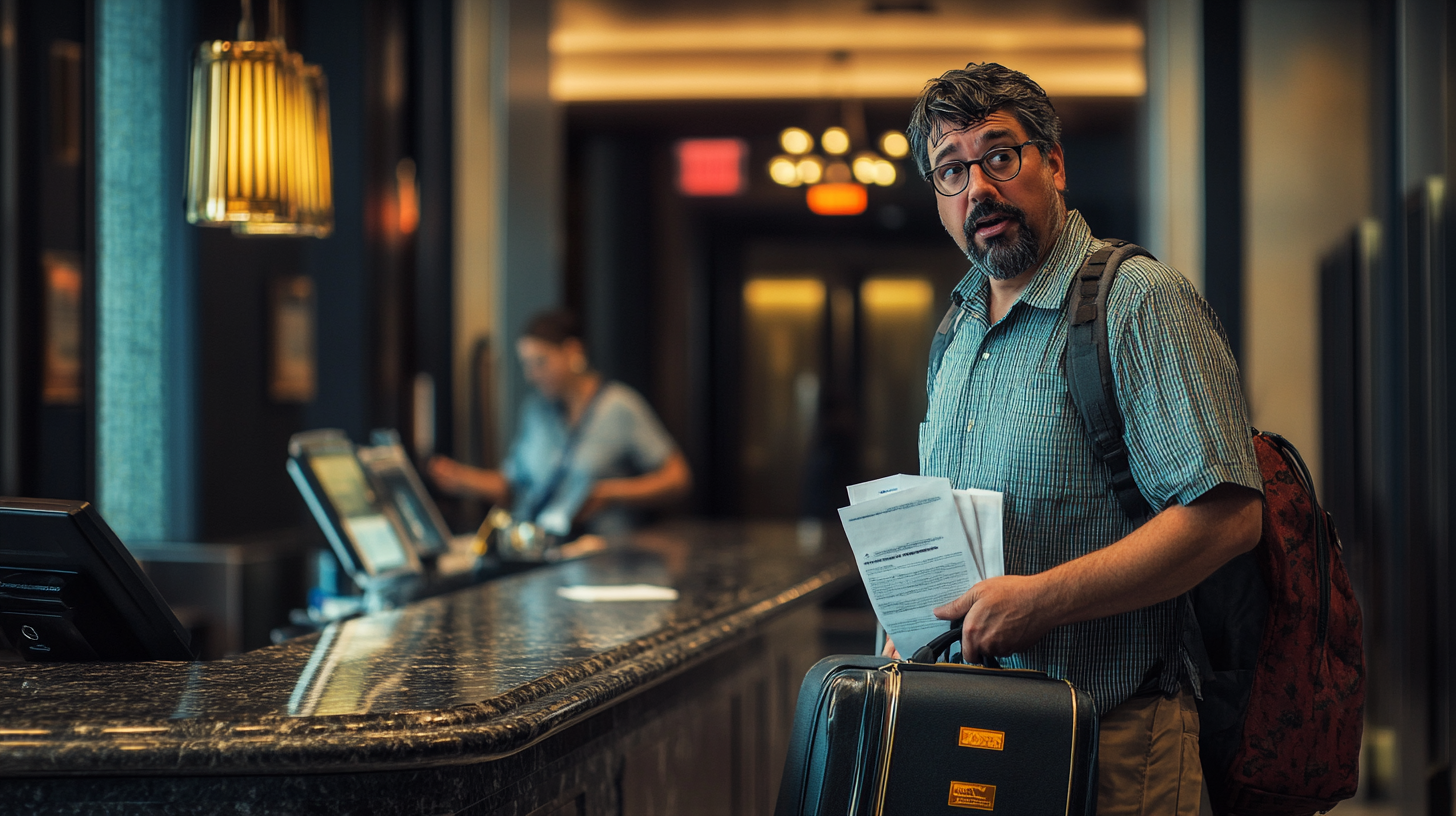
While there’s no guaranteed way to avoid being walked, certain strategies can reduce the likelihood. Joining the hotel’s loyalty program and booking directly through the hotel can prioritize your reservation. Hotels are less likely to walk guests who are loyal members or who book without third-party websites.
Arriving early for check-in can also decrease your chances of being walked. Since hotels often decide whom to walk based on check-in times, those arriving late in the evening are at higher risk. If you anticipate a late arrival, consider informing the hotel in advance to confirm your reservation.
Booking a guaranteed reservation with a credit card and having a confirmation number provides additional security. Keep records of all correspondence and confirmations in case you need to reference them later. Requesting a specific type of room or adding special requests may also make your reservation less likely to be canceled.
Finally, staying informed about local events that may impact hotel availability can help. If you’re traveling during a peak season or when major events are happening, be extra cautious and proactive in confirming your reservation and arrival time. For more travel planning tips, read avoiding-travel-mishaps.
Case Studies of Travelers Being ‘Walked’
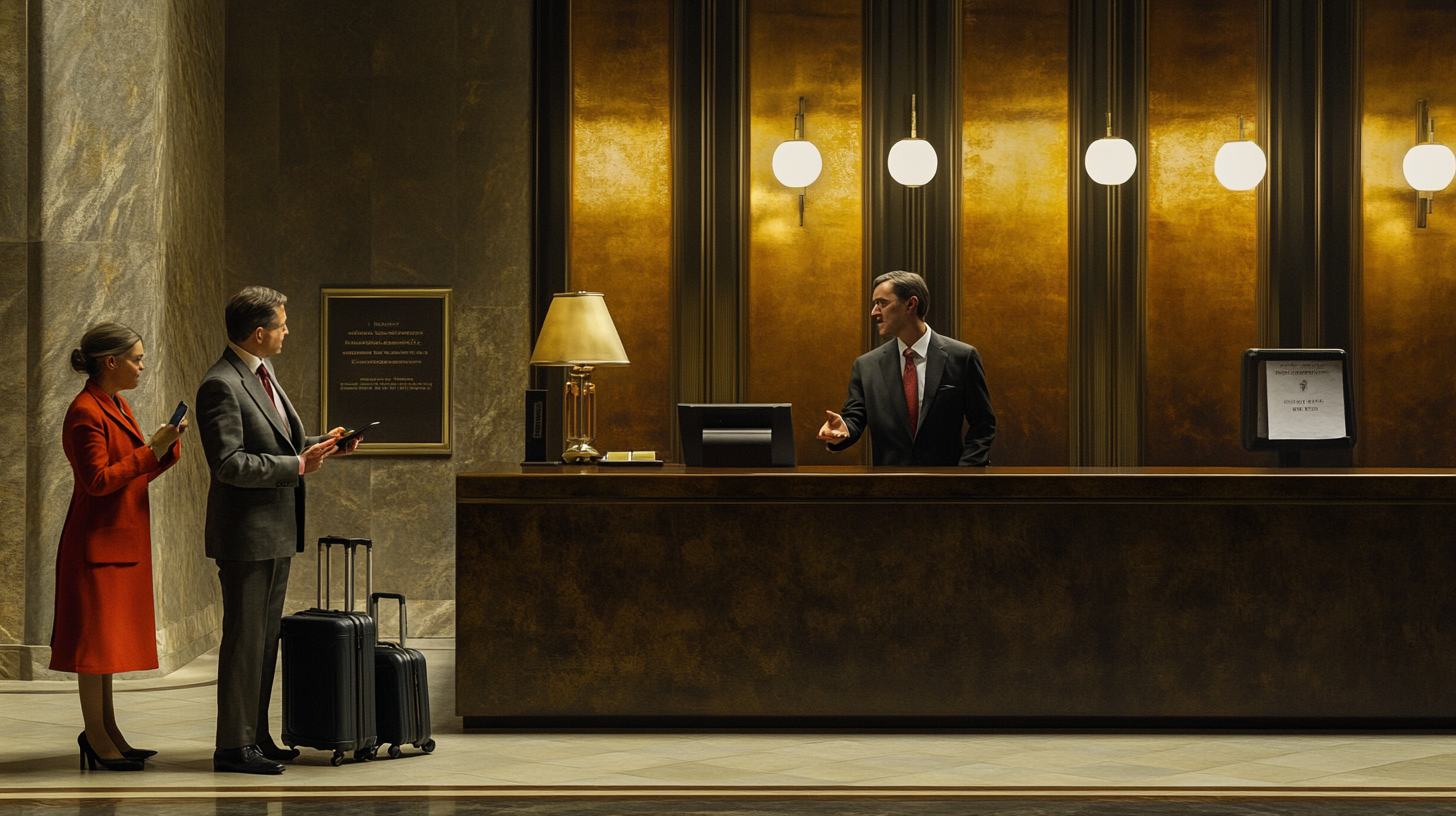
Consider the experience of a business traveler who arrived at a fully booked hotel after midnight due to a delayed flight. Despite having a confirmed reservation, she was walked to a hotel several miles away. The alternative accommodation lacked the amenities she required for her meetings the next day.
By calmly discussing the situation with the hotel manager and explaining the impact on her business commitments, she negotiated a full refund, complimentary transportation, and additional loyalty points. She also received an upgrade on her next stay, turning a negative experience into a positive outcome.
In another instance, a family on vacation was walked due to overbooking during a holiday weekend. The hotel initially offered accommodation at a lower-tier property. The family insisted on a comparable alternative and was eventually moved to a sister hotel with similar amenities. They also received meal vouchers and a discount on a future stay.
These examples highlight the importance of knowing your rights and being prepared to advocate for yourself. While being walked is inconvenient, proactive communication and reasonable negotiation can lead to satisfactory resolutions.
Additional Resources and Tips
For further reading on hotel overbooking and guest rights, consider the following resources:
- This Shameful Hotel Tried to Pull a Fast One on My Upcoming Points Booking
- Hotels and Airlines – Same, Same but Different in the Travel Industry
- Why All These Overbooking Changes are Bad for You
Staying informed and prepared can significantly enhance your travel experience. For more travel tips and strategies, visit travel-strategies.
Conclusion
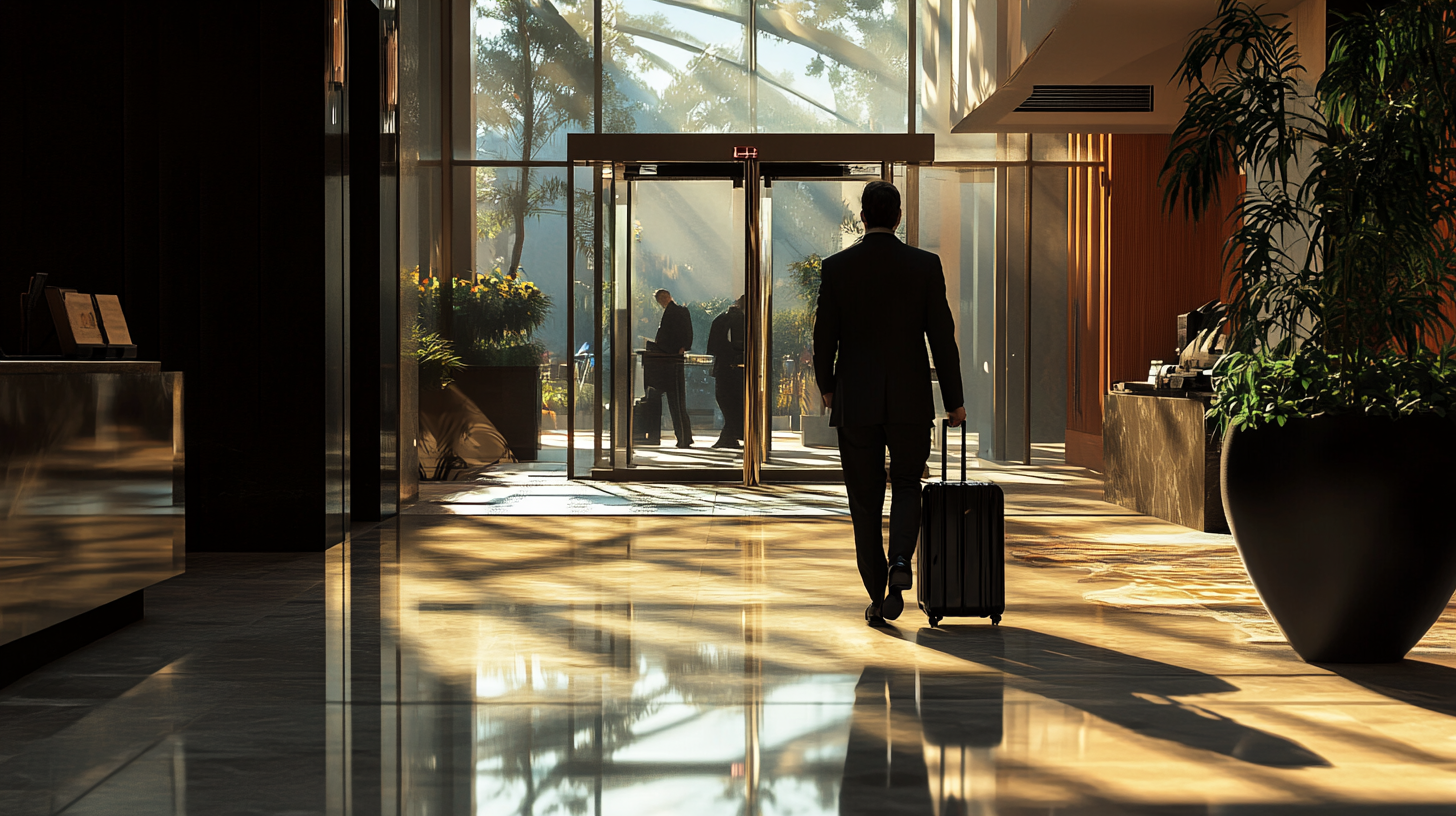
Being walked by a hotel is an unexpected challenge that can disrupt your travel plans. However, understanding why it happens and knowing the steps to take can alleviate much of the stress associated with the situation. By remaining calm, asserting your rights, and negotiating effectively, you can turn a potential setback into a manageable detour.
Remember to leverage loyalty programs, confirm your reservations, and communicate proactively with the hotel staff. These strategies not only reduce the likelihood of being walked but also empower you to handle the situation confidently if it arises.
At BoardingArea, we’re committed to providing travelers with the insights and information they need for smooth journeys. For more travel tips and insider knowledge, be sure to check out travel-tips and stay informed.
Safe travels, and may your future stays be restful and accommodating.





